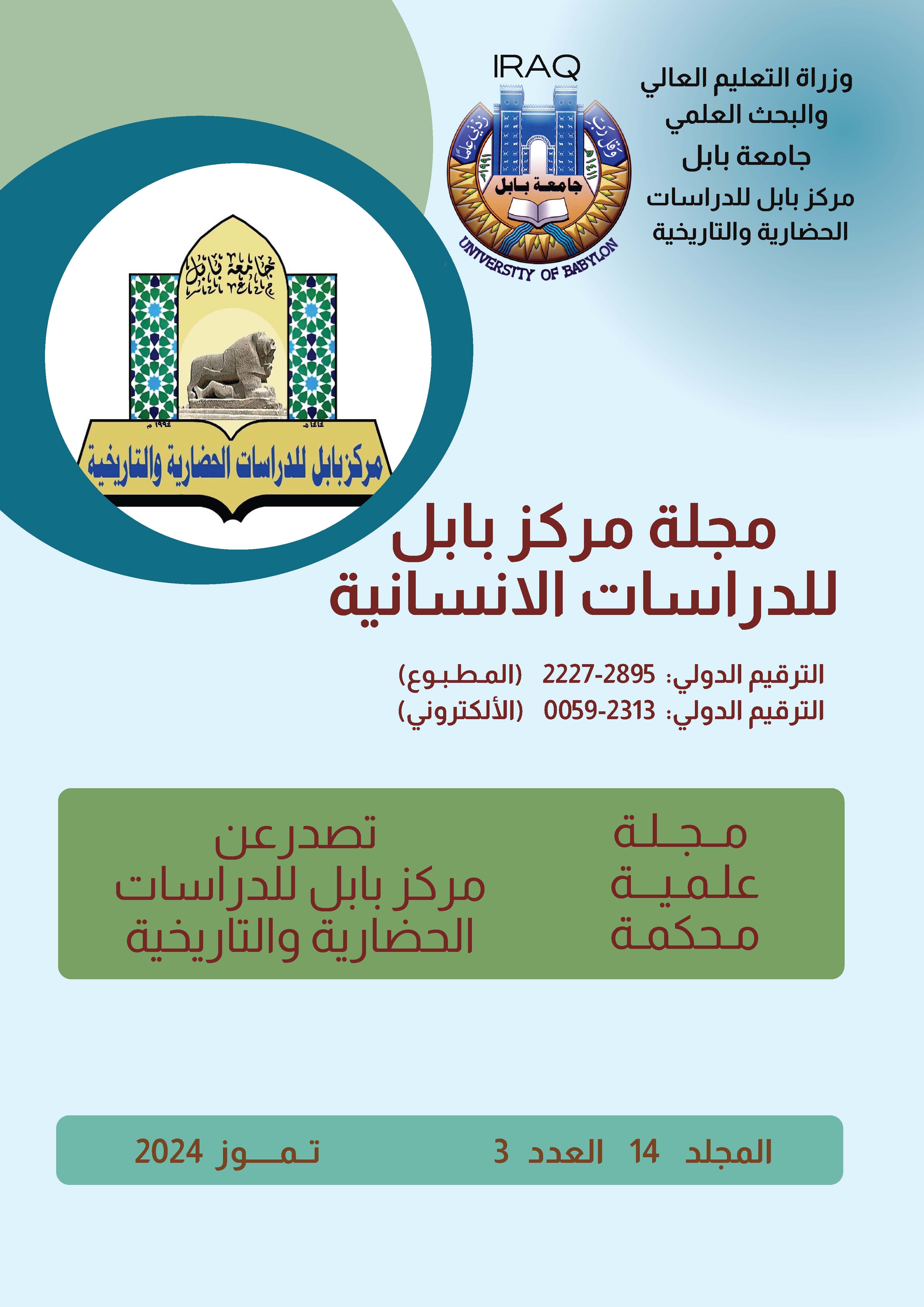The Impact of Question Network Strategy in the Achievement of Second-Year Intermediate Female Students in Biology
Keywords:
Question Network Strategy; Achievement ; Second-Year Intermediate Female Students ;Biology.Abstract
The modern educational landscape presents a number of obstacles for educational institutions, and these challenges expose the educational process to a variety of pressures brought on by the explosion of knowledge, growing body of knowledge, and quickening pace of technological advancement. Because of this, education must now take center stage in order to stay up with the rapid advancement. As a result, it's important to recognize the issue, understand its root causes, know how to address it, and apply the right strategies to deal with it. Go ahead and fast-forward. The poor performance of second-year intermediate biology students is the issue that the researcher addressed in the current study. The majority of learning that occurs in educational institutions is pointless, and the employment of conventional teaching methods, which fail to activate students' participation in the classroom, is the cause of the low level of learning. For the learner, since he was the one who initially instructed me, and thus does not result in attaining the objectives of the educational process, since the teacher is the center of the educational process and learners play a negative part in it. The primary issue is that the question-based lecture or discussion method, which is one of the most popular approaches, is dull and detrimental to the intelligence of the learner. It also shows a lack of concern for encouraging the learner's curiosity and independence in the process of learning, as well as for attending to their needs and desires.
In order to ensure statistical parity between the students in the two groups, the researcher looked into the following variables: self-learning skills test, Raven intelligence test, previous year's grades, chronological age measured in months, and biology for the second intermediate grade. The experiment was carried out in the first semester. The topic was broken down into the first, second, third, and fourth semesters for the academic year 2023–2024. The researcher first focused on creating equivalents between the two groups before putting strategies, objectives, and tests together for the application. The researcher created an achievement test with forty test-like items. The goal utilizing the four options. Following the experiment's completion, the researcher collected data for each of the two research groups and used a t-test to analyze the results for two independent samples. According to the network of questions strategy, the experimental group's female students did better than the control group in terms of achievement for second-year intermediate students.







